Therapeutic Expertise
ophthalmology
Ophthalmology is the study of medical conditions relating to the eye. Ophthalmologists are doctors who specialize in the medical and surgical treatment of this organ.

A general practice doctor may refer someone to an ophthalmologist if they show symptoms of cataracts, eye infections, optic nerve problems, or other eye conditions.
We look at what ophthalmologists do, including the types of conditions that they treat, the procedures they perform, and when a person might see this specialist.
Dermatology
A dermatologist is the medical expert you should consult if you have any significant problem with your skin. Dermatology is the science that is concerned with the diagnosis and treatment of diseases of the skin, hair and nails.
Dermatology involves but is not limited to study, research, and diagnosis of normal and disorders, diseases, cancers, cosmetic and ageing conditions of the skin, fat, hair, nails and oral and genital membranes, and the management of these by different investigations and therapies, including but not limited to dermatohistopathology,topical and systemic medications, dermatologic surgery and dermatologic cosmetic surgery, immunotherapy, phototherapy, laser therapy, radiotherapy and photodynamic therapy.

Cardiology
Innovation meets cardiovascular trial expertise.
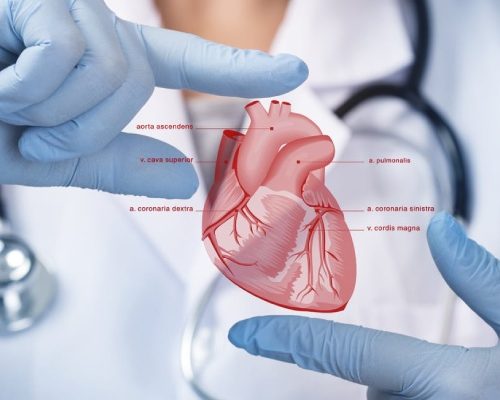
Cardiovascular clinical trials, no matter their size, demand a specialized, experienced cardiovascular CRO to help you navigate the path to success.
With unmatched cardiovascular trial experience and new approaches fueled by data and analytics, Mediclin Clinical Research brings agility and speed to trials large and small.
Nephrology
Expertise and relationships to accelerate development.
With 850 million people living with kidney disease, the need for new treatments has never been higher. Developing therapies is challenging; finding the right patients at the right time is just the beginning. Our experienced renal team is ready to help.

Endocrinology
Expertise to speed trials, insights to drive value.
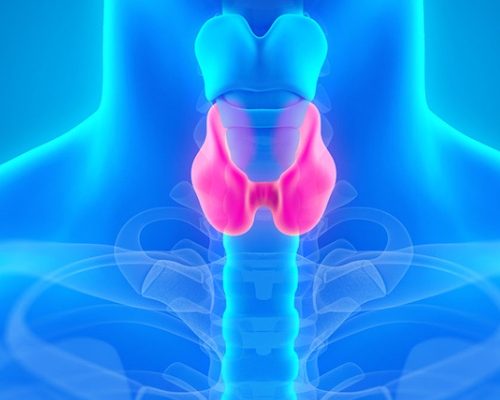
With broadening populations, expanding treatment options, and new digital support tools, understanding the science and the value in treating diabetes is becoming even more critical.
Pulmonology
Pulmonary medicine is the subspecialty of internal medicine that focuses on the diagnosis and management of disorders of the respiratory system
Pulmonary medicine is the subspecialty of internal medicine that focuses on the diagnosis and management of disorders of the respiratory system, including the lungs, upper airways, thoracic cavity, and chest wall. Although most common respiratory problems are treated by general internists and other specialty physicians, internists practicing pulmonary medicine (often referred to as “pulmonologists”) are frequently called upon to help diagnose unknown disorders and assist in managing difficult, unusual, or complicated diseases of the respiratory system.
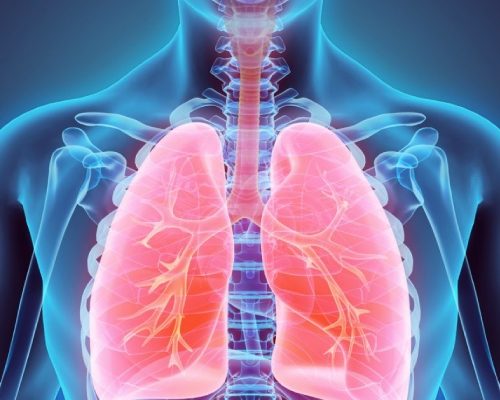
Oncology
Embrace innovation. Accelerate oncology breakthroughs.
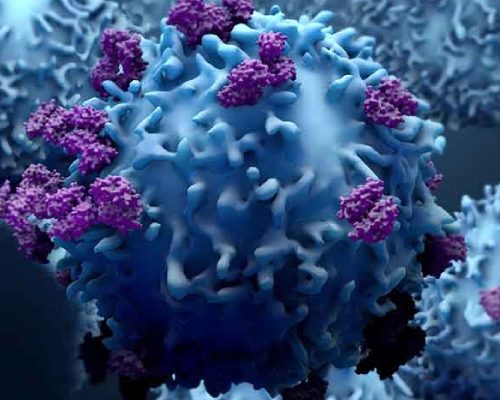
Next-generation therapies bring the promise of better outcomes for cancer patients. But with new discoveries come a more complex development path and more unknowns. We are here to connect your oncology program with solutions to support your success.
Neurology
Explores neurological illness to improve patient care
The third most-cited clinical neurology journal explores the diagnosis, causes, treatment, and public health aspects of neurological illnesses. Its ultimate aim is to inform improvements in patient care.
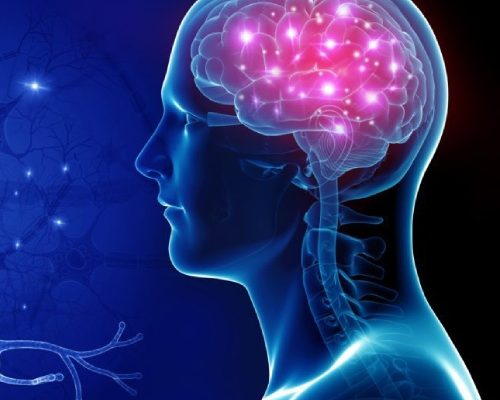
Gastroenterology
Gastroenterology is the study of the normal function and diseases of the esophagus, stomach, small intestine, colon and rectum, pancreas, gallbladder, bile ducts and liver.

A gastroenterologist needs to have a detailed understanding of the normal physiology of all the above mentioned organs as well as motility through the intestines and gastrointestinal tract in order to maintain a healthy digestion, absorption of nutrients, removal of waste and metabolic processes.
A gastroenterologist also needs to have a clear understanding of ailments affecting the organs of the gastrointestinal system
Haematology
Bringing hope with new therapies
Patients with rheumatic disease often deal with chronic conditions impacting daily activities. The need for new therapies is high. Each clinical trial brings hope of effective disease management. Our experienced team is here to support.
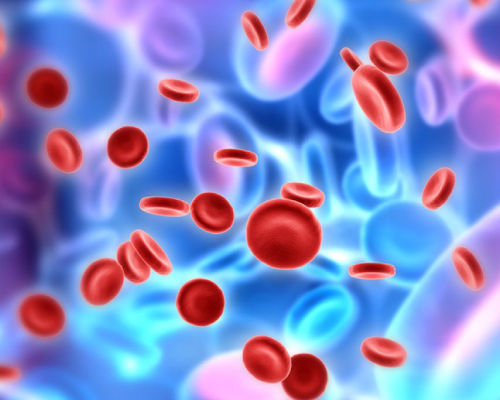
Osteology
Osteology has its own terminology, the shaft of a long bone is the diaphysis, the ends of the bone are the epiphyses, and the region where the diaphysis runs into the epiphysis is the metaphysis.
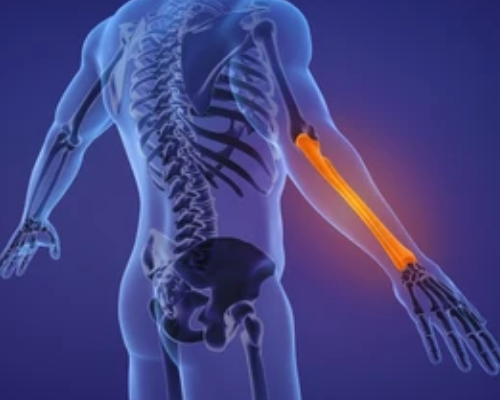
Immunology
Immunology is the study of the immune system and is a very important branch of the medical and biological sciences.
The immune system protects us from infection through various lines of defence. If the immune system is not functioning as it should, it can result in disease, such as autoimmunity, allergy and cancer. It is also now becoming clear that immune responses contribute to the development of many common disorders not traditionally viewed as immunologic, including metabolic, cardiovascular, and neurodegenerative conditions such as Alzheimer’s.
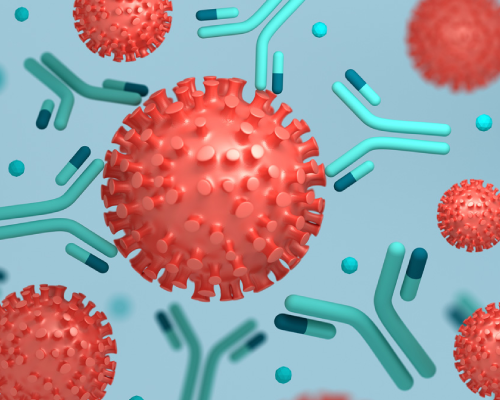
Gynaecology & Pediatrics
Providing new treatments for children requires careful planning and expertise – with patient safety at the center of everything you do.

Successfully navigating the road to developing and delivering pediatric products requires a specialized mix of scientific, therapeutic, regulatory and operational expertise to ensure your pediatric studies are successfully planned and executed.
From the earliest planning stages of clinical development, through launch and real-world assessment, pediatric expertise is key to ensuring you are asking the right questions to meet the specific needs of infants, children and adolescents.
Infectious Diseases
Keep up with the pace of infectious diseases

Medical Devices

Behavioral & Herbal Medicines

